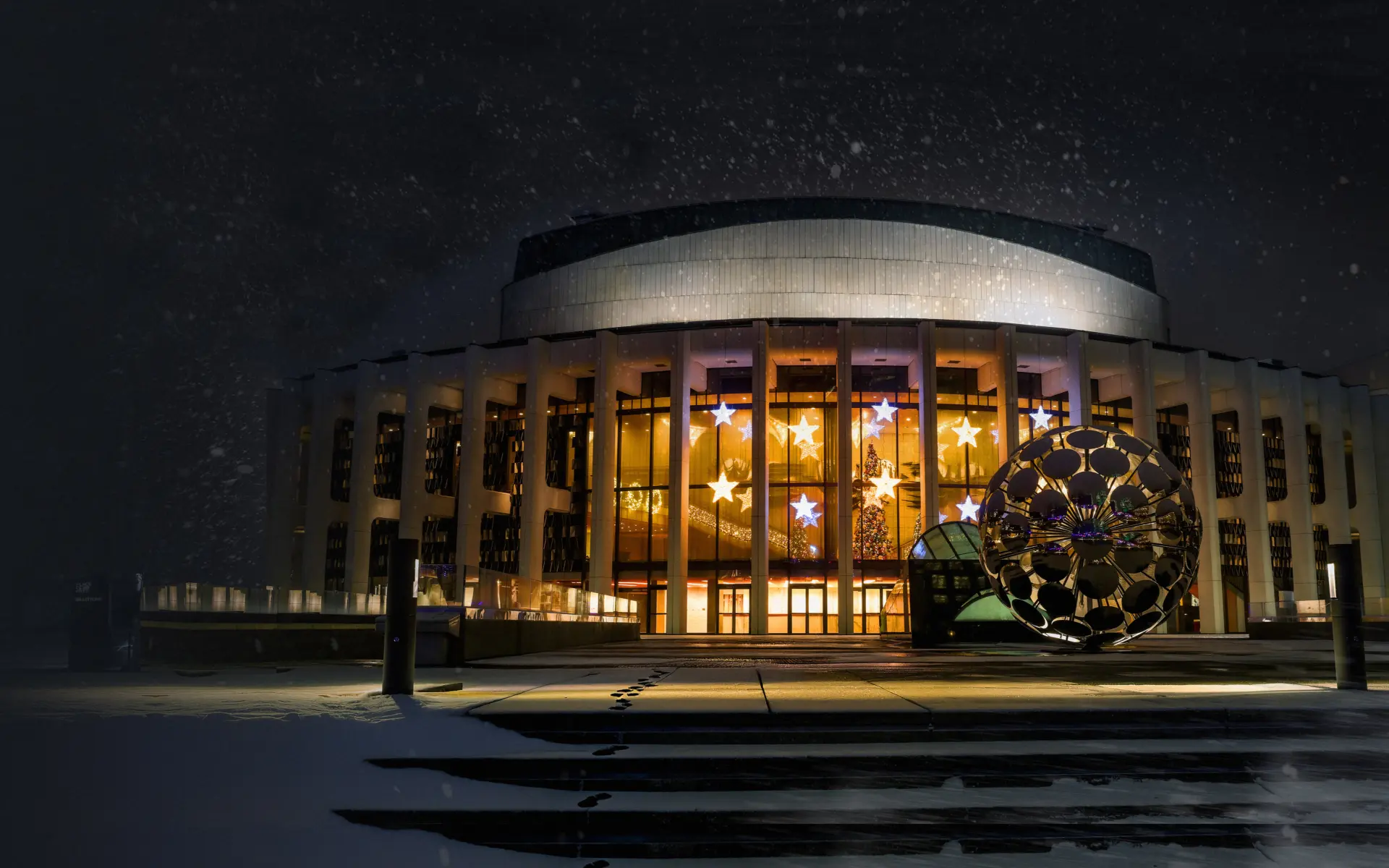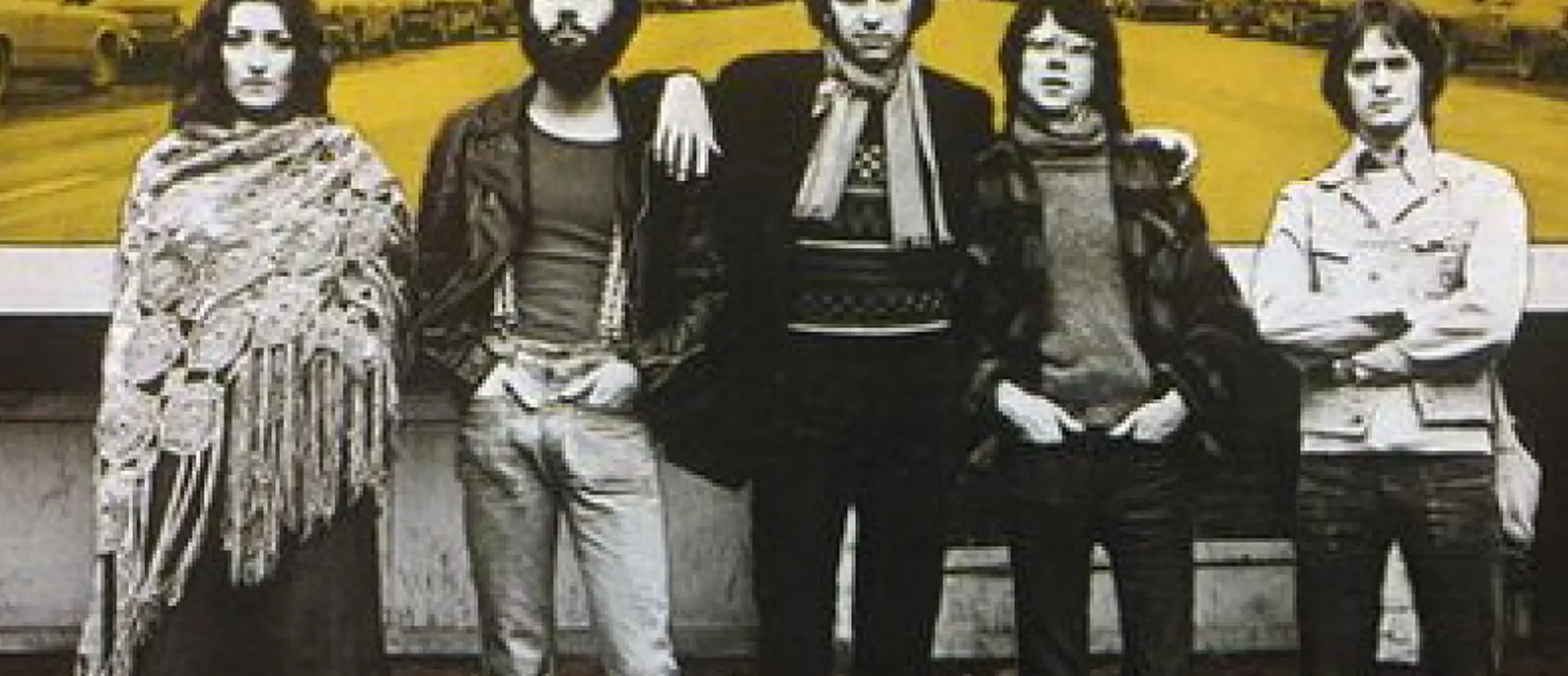Beau Dommage: A Colossal Musical Legacy Reimagined in a Symphonic Version
In the Vibrant Quebec of the 1970s, six young men and a golden-voiced woman composed songs that captured everyday life and the textures of Montreal. That was Beau Dommage. To celebrate 50 years of their presence in Quebec’s musical landscape, symphonic adaptations of their songs will resonate through the Wilfrid-Pelletier Hall during the special concert event Beau Dommage Symphonique – Ça fait 50 ans qu’on se connaît. We talk with with the musical director, Antoine Gratton.
They sang about love and romance without lyrical excess, using simple and honest words, in songs like Ginette and La complainte du phoque en Alaska. They portrayed the joys and pitfalls of urban life in Tous les palmiers and Montréal. They expressed Quebecers’ love for hockey in Hockey, and humorously captured the beloved holiday traditions in 23 décembre. Most of the time, they embraced folk-infused guitars and layered harmonies — often two or three voices intertwined. But they also dared to incorporate flutes and piano into sophisticated arrangements drawing on progressive rock in the unforgettable Un incident à Bois-Des-Filions.
It is this musical legacy that the symphonic concert Ça fait 50 ans qu’on se connaît will celebrate — a creation produced by Productions Martin Leclerc and performed by the Orchestre Métropolitain under the baton of conductor Adam Johnson, with arrangements crafted by musical director Antoine Gratton in close collaboration with Beau Dommage. While the band no longer performs together, Michel Rivard, Pierre Bertrand, Marie Michèle Desrosiers, Pierre Huet, Réal Desrosiers, Robert Léger, and Michel Hinton never miss a chance to reunite and honor the body of work that made them famous — and that has been sung by generations of Quebecers
The Soundtrack of Our Lives
“Like many Quebecers of my generation, Beau Dommage was the soundtrack of my childhood,” says Antoine Gratton. “My parents wore out their records! I learned to play guitar listening to them. These songs were as much a part of my youth as the wallpaper on the walls — they’re imprinted in my DNA. But beyond my personal connection, I think today’s Quebec artists are following in their footsteps in many ways, especially through a narrative songwriting style that tells simple, everyday stories. That was definitely the case for me in my singer-songwriter career — and I’m not alone. The legacy is monumental.”
To Gratton, Beau Dommage’s music remains timeless because of how precisely it captured “the Quebec narrative” and “the language of Montreal.” But perhaps more importantly, it’s thanks to their signature three-part vocal harmonies — a rarity in Francophone pop — that give their songs a universal, timeless feel with a delightful hint of “British flair.”
Music With High Symphonic Potential
Beyond the rich vocal harmonies, Beau Dommage’s music lends itself naturally to symphonic treatment thanks to its strong melodic sense, says Gratton.
“Our approach was to first strip the songs down to their bare essence, to extract the pure original melodies, and then build them up through varied symphonic arrangements. I was given a lot of freedom. The members of Beau Dommage were eager to hear bold reinterpretations of their work. It was an incredible creative playground.”
To sing these iconic lyrics, the concert brings together a wide range of performers and vocal textures — including Alexandre Désilets, Coral Egan, and David Latulippe, among others.
“One of the concert’s centerpieces is Un incident à Bois-Des-Filions,” Gratton notes. “To me, this 23-minute prog song is Beau Dommage’s masterpiece. It already has an orchestral structure in its writing — it’s built like an opera, with multiple movements. It’s our Quebecois Bohemian Rhapsody. Having it performed by a full symphony orchestra is an extraordinary opportunity. It’s going to be magnificent.”
It’s been 50 years since Quebec first met Beau Dommage — as the concert title reminds us. And with these new versions, chances are we’ll want to keep listening for another 50 years to come.
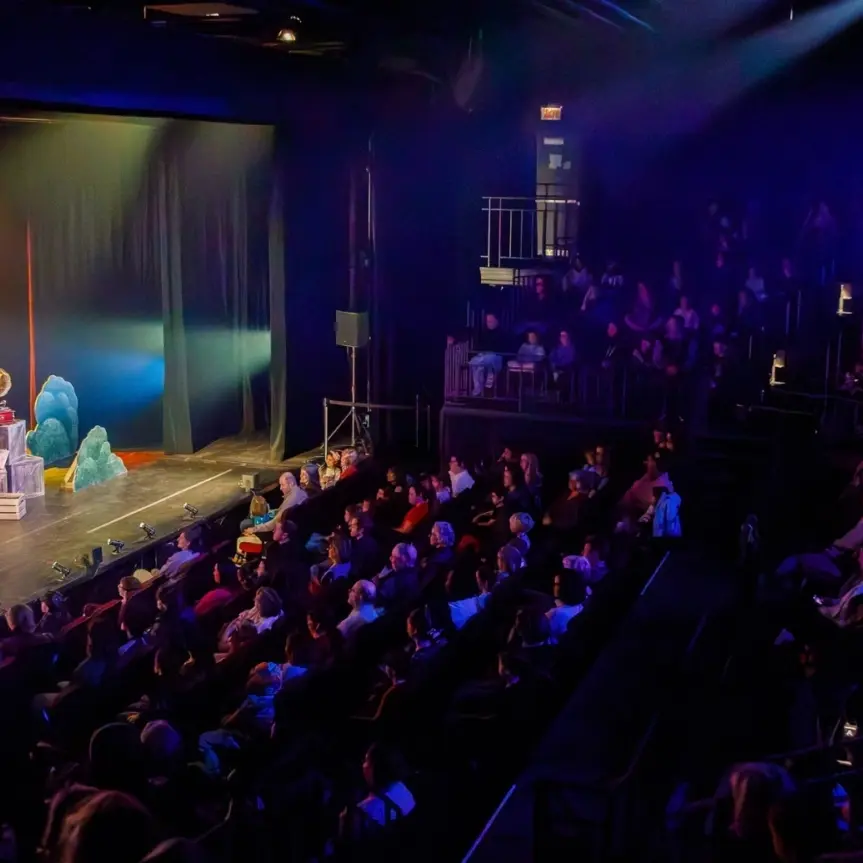
Children’s Shows at Place des Arts: A Wonderful Opportunity to Build Precious Memories
More than ever in 2026, Place des Arts is your go-to family destination. With a rich and varied program for young audiences, it offers families much more than just entertainment.
Article Recommendations Family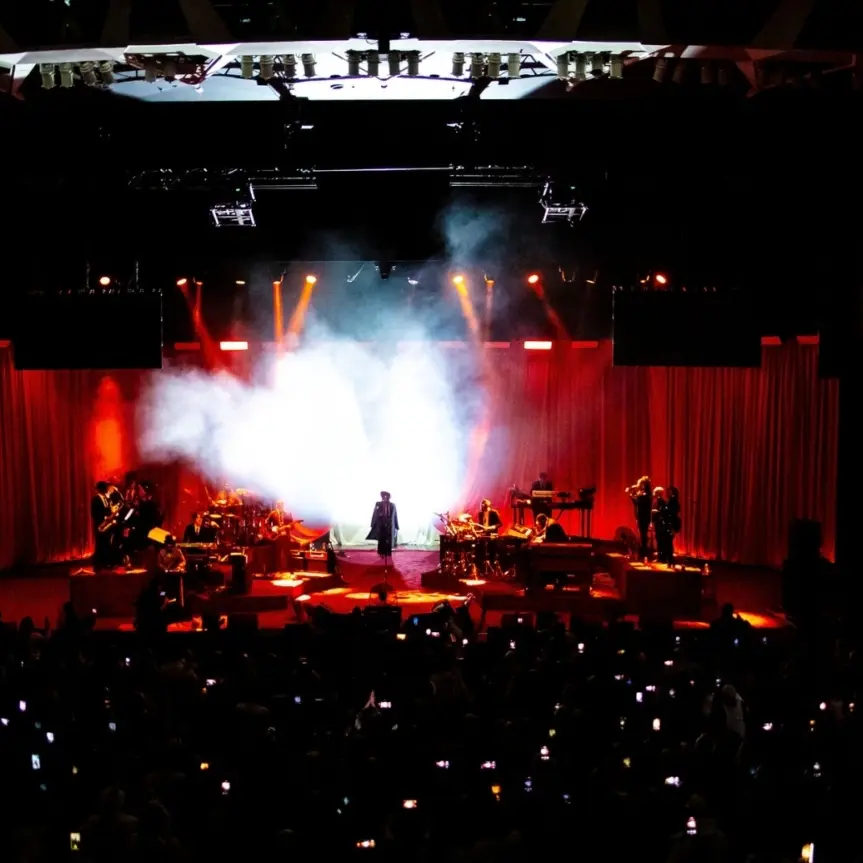
2025 in Review: Between Nostalgia and Creation
As 2025 comes to a close, let’s look back at the shows that defined the past year at Place des Arts, capturing the hearts of our audiences and staff.
Article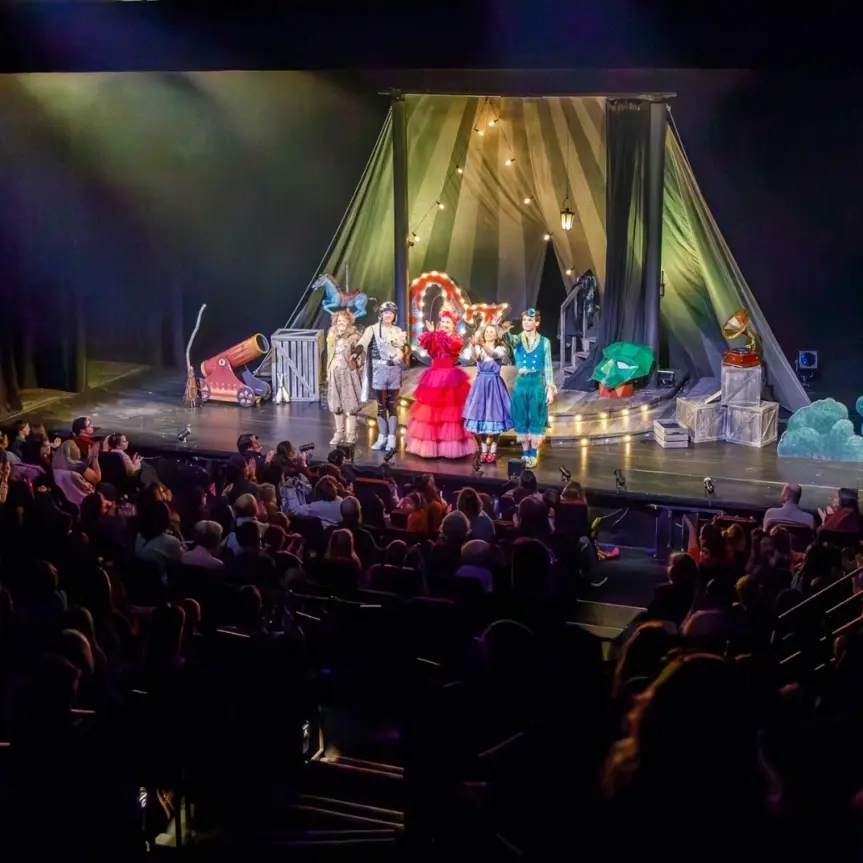
Children’s Shows at Place des Arts: Seven Wonderful Opportunity to Build Memories
More than ever in 2026, Place des Arts is your go-to family destination.
Article Recommendations Family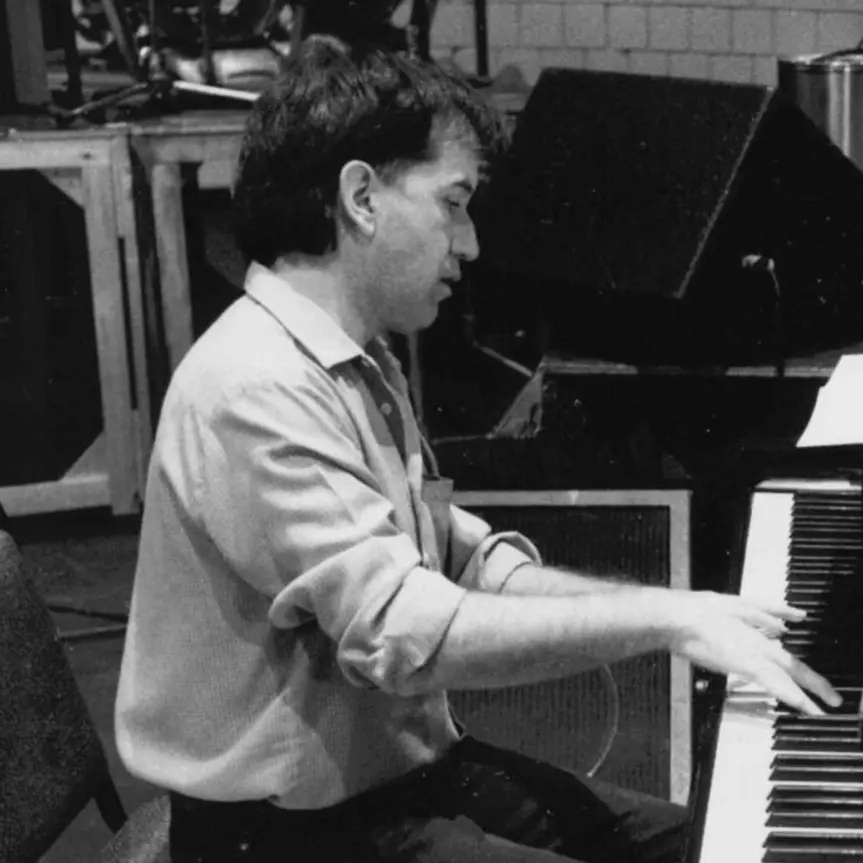
André Gagnon: A Tribute to the Visionary Behind “Neiges”
For the concert Neiges: The OM Celebrates André Gagnon, conductor Léa Moisan-Perrier and pianists Julie Lamontagne and Rousso relate how this luminary gave Quebec instrumental music a certain level of prestige.
Article Portraits Tribute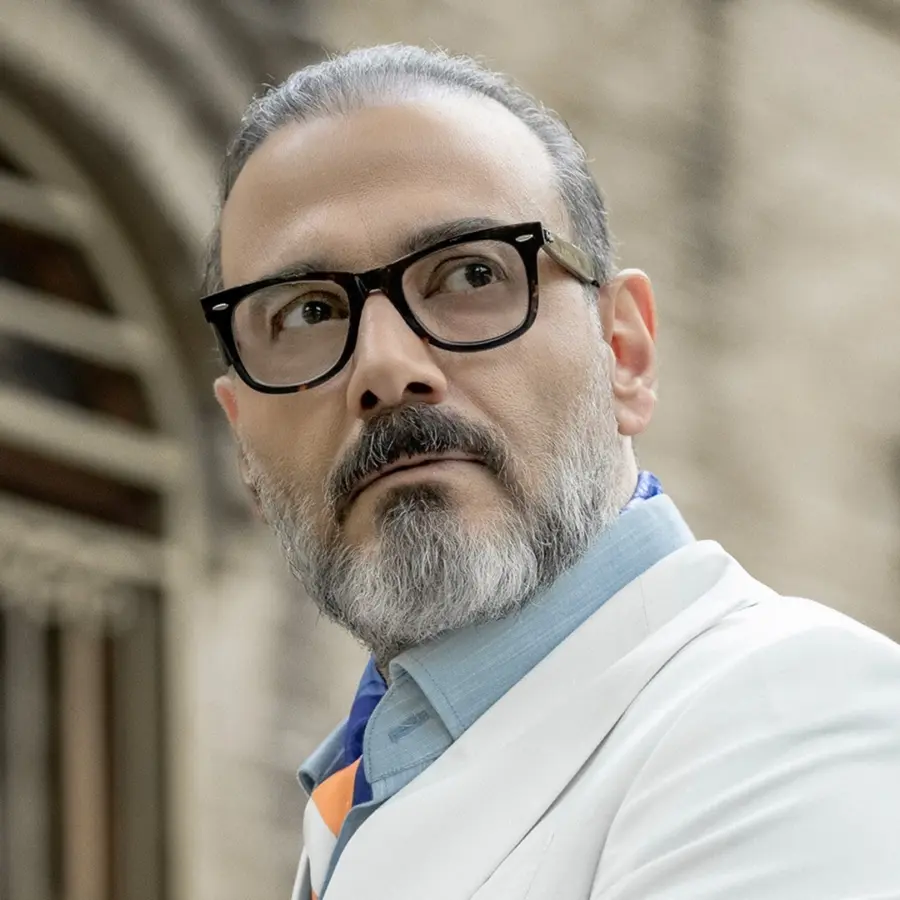
Alireza Ghorbani: one of Iranian music’s most well-known vocalists, in concert in Montreal
For one night only, Alireza Ghorbani will be stopping in Montreal on his latest concert tour, Iranam.
Article Portraits Artist
